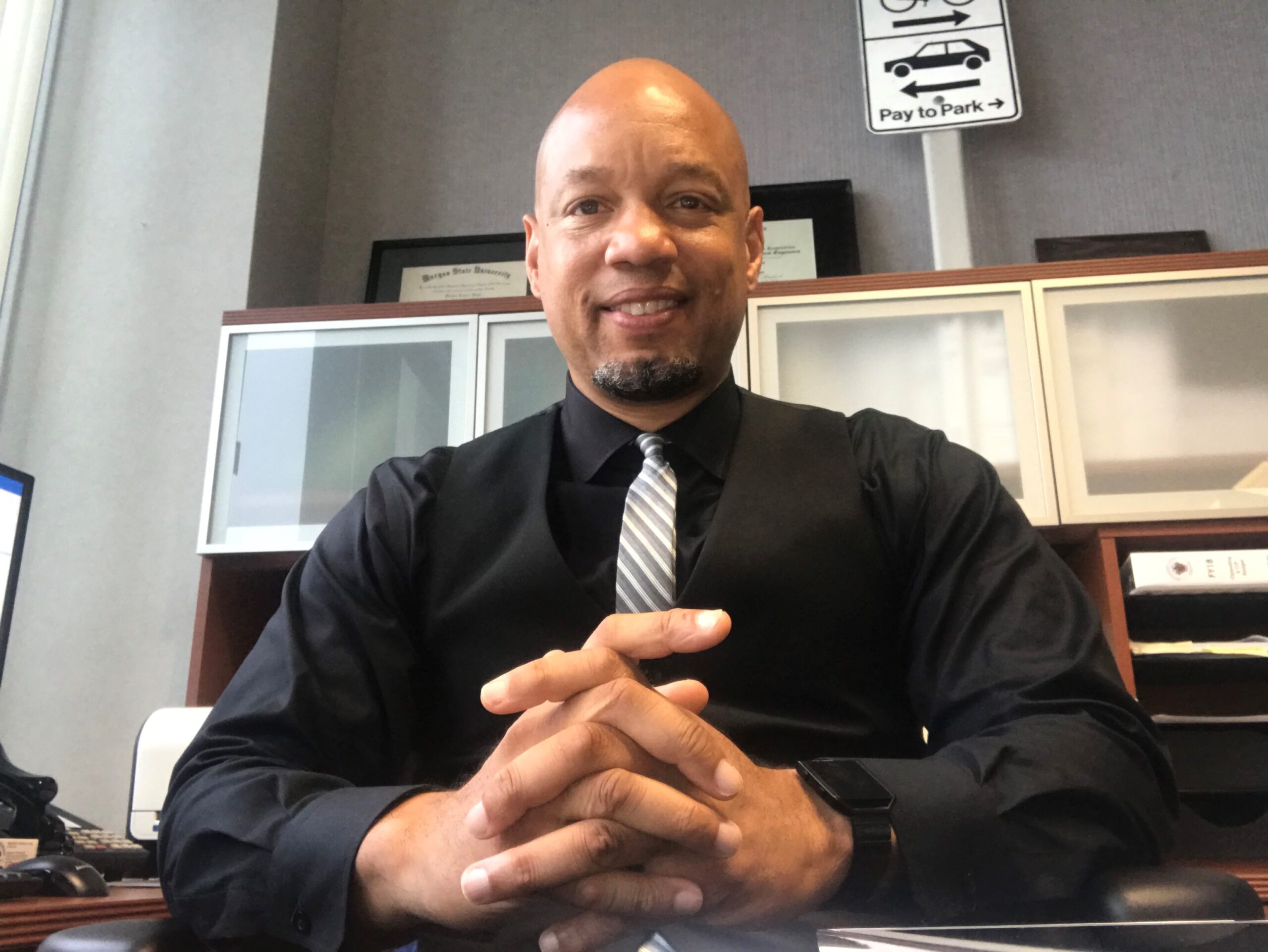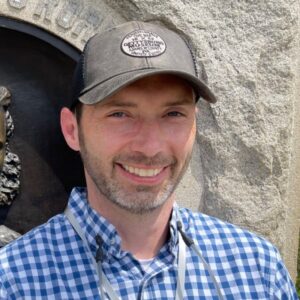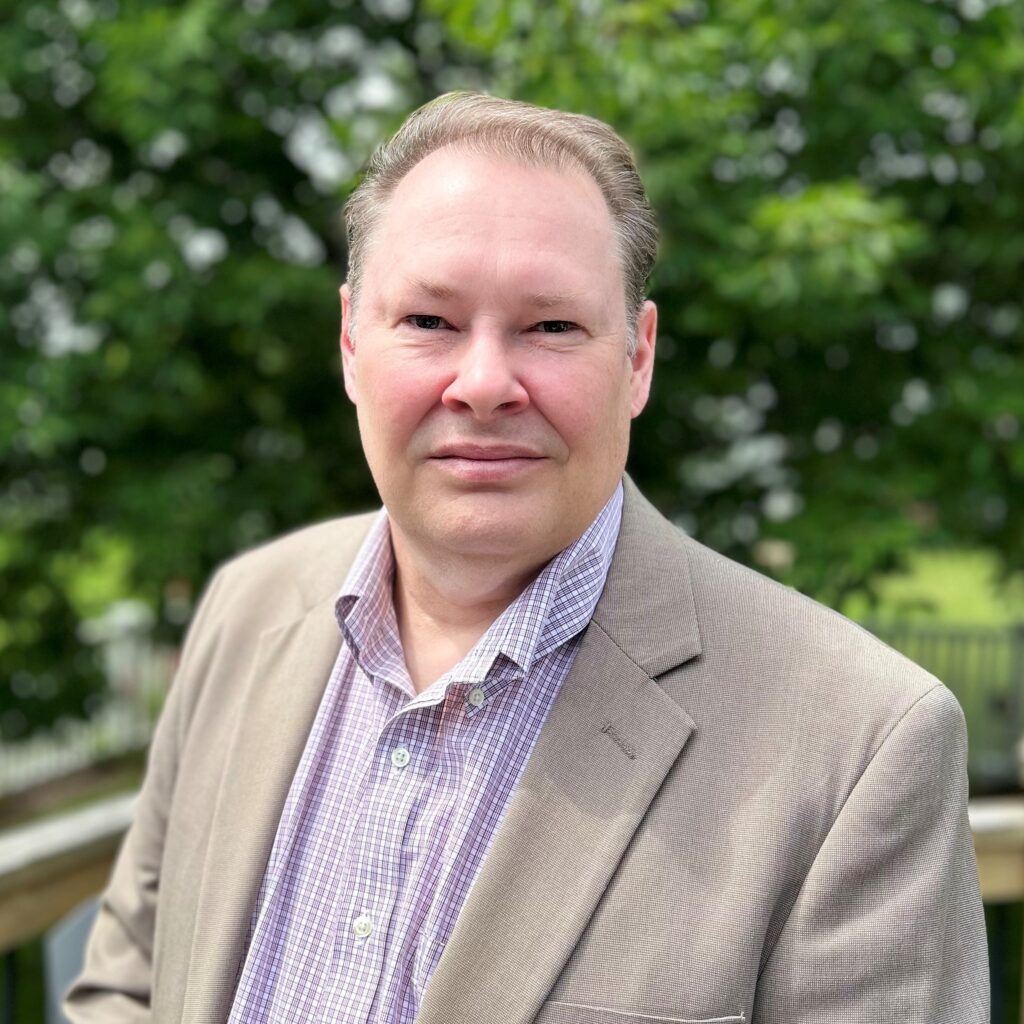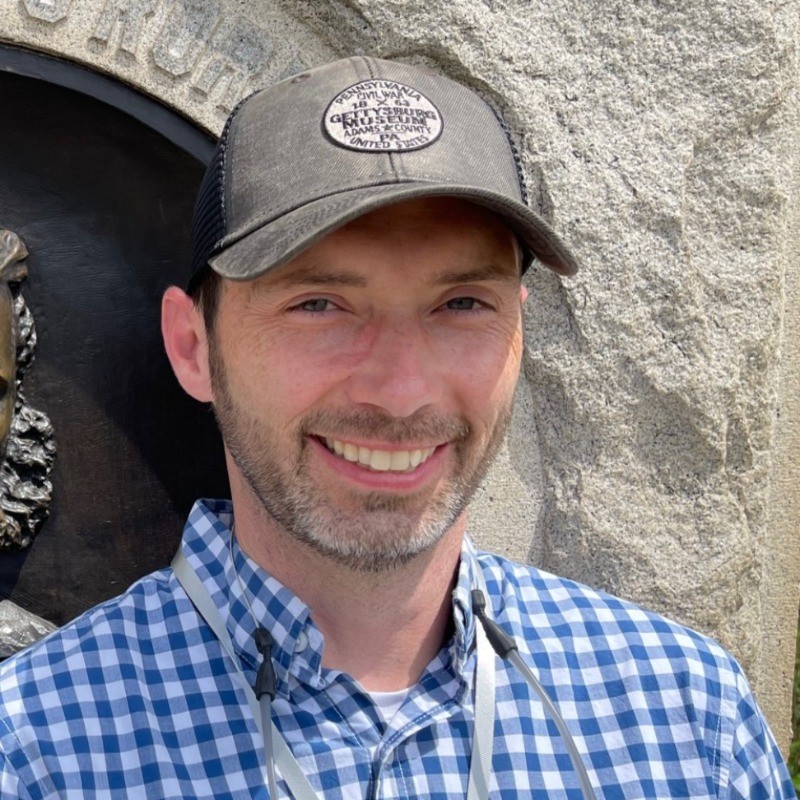Michael Paylor is not a law enforcement officer, but his work as Division Chief for Traffic Engineering and Operation in Montgomery County, Maryland, keeps him in proximity to law enforcement. As with law enforcement officers, transportation safety is a top priority in his job, including all elements of traffic related to safety, reducing speed on roadways, and addressing speeds on roadways by other means than changing infrastructure.
“It’s about partnership with law enforcement for speed reduction and crash investigation,” he said.
He learned about the intensive need for collaboration and coordination back in 2012, when he was Division Chief for Traffic Engineering and Design in the State Highway Administration of the Maryland Department of Transportation (MDOT). That’s when he enrolled in the Operations Academy Senior Management Program at the University of Maryland, where he experienced a change in mindset.
At the Operations Academy, Michael began learning new ways to move vehicles through the transportation grid while addressing recurring issues such as congestion related to crashes and work zones and creating more robust coordination within the agency.
“It’s easy to stay in your silo; we are so focused on one or two aspects of our own network, but there is so much more,” Michael said. “The Operations Academy helped me see so many other areas of the network that I previously didn’t engage with and figure out new ways to manage. I found partners from other states who were experiencing some of the same issues and were able to coordinate better, and so I could ask them how they fixed their situations.”
The entire experience completely changed his mindset.
“In bringing together everyone from all areas of the transportation industry, I learned to think differently, frame my process differently, and make different decisions as to why type of leader I want to be,” Michael said. “I realized I could expand who I was as a leader, influence more people, and help them think differently. When I came out, I was thinking in a new way and seeing things from a different perspective.”
The traffic engineering community is bound by the Manual on Uniform Traffic Control Devices, or MUTCD. The document dictates the guidelines and procedures they must follow, but there is a caveat: it’s incumbent upon each engineer to use his or her own best judgment in terms of how to apply those guidelines and procedures.
“After the Operations Academy, I began to think more deeply about problems we were facing on our network, and not just going with cookie cutter solutions,” he said. “That was a defining moment for me in Operations Academy. It’s when I began to be more creative with finding solutions, and I walked into my role with Montgomery County transportation and asked why they were doing certain things, and did not accept the response, ‘Because that’s the way we’ve always done it.’”
The Operations Academy demands engineering creativity for problems, and that’s what Michael took back with him. It no longer sufficed to simply read the manual and do what it said.
“What if that doesn’t work?” he said.
Before the Operations Academy, Michael didn’t see his career trajectory as anything but solving problems using the manual as a guideline, but the experience empowered him to use his judgement as an engineer.
“It was transformative in ways I can’t even explain,” he said. “I got revelations from the Operations Academy as well as the freedom to know who I am as an engineer.”
When he spoke to other agencies about finding solutions to problems, they might simply direct him to the MUTCD and say he should follow the procedures, but his relationship with the document changed when he realized that there was room in the manual for evaluation, consideration and analysis—engineers just weren’t willing to do those things. Engineers are too entrenched in standards and legalities and are hesitant to simply move forward using their own good judgement, but if decisions are made within the framework of the manual, they should move forward.
“I came out of the Operations Academy able to see my job through a different lens,” he said.






